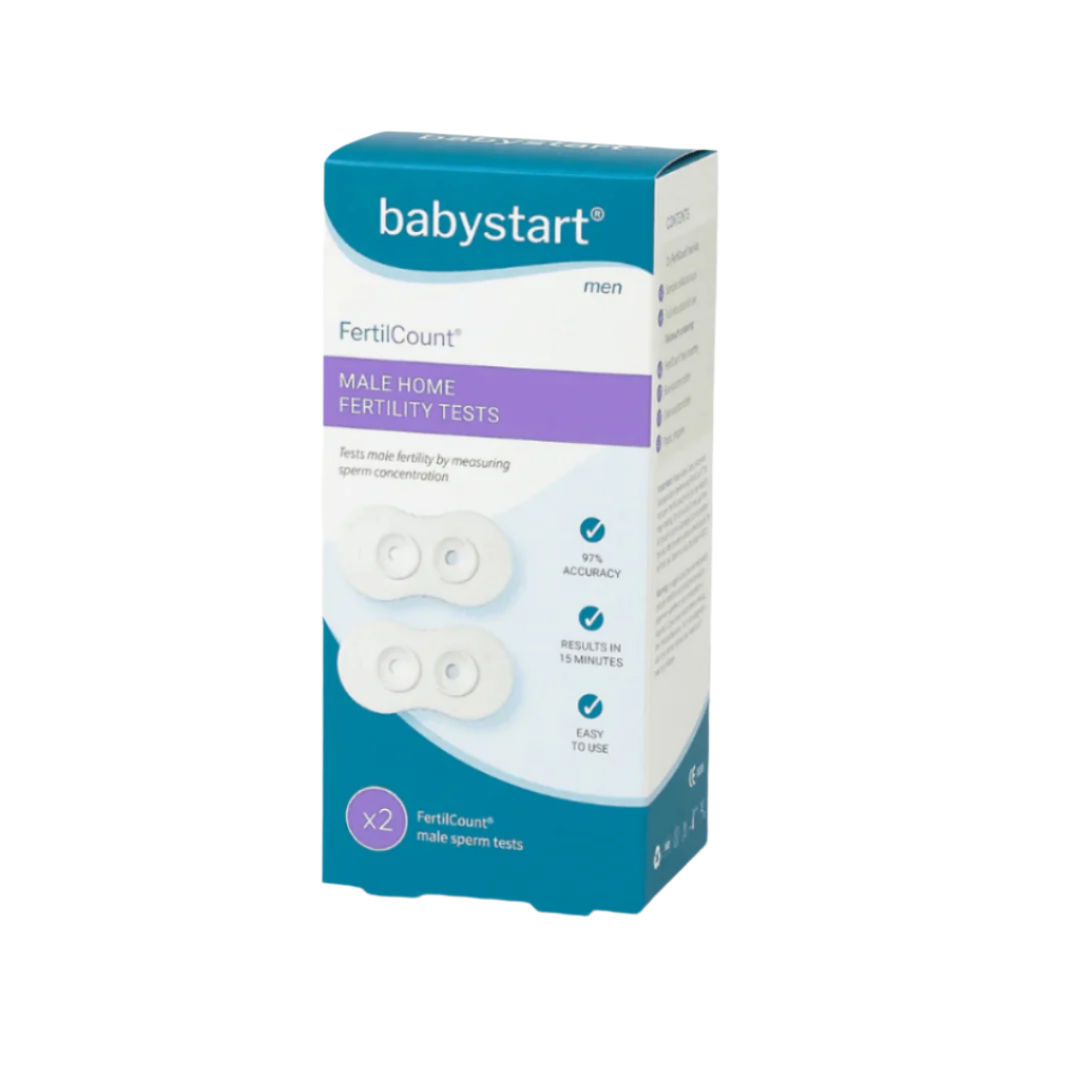Anti-Müllerian Hormone (AMH) levels are crucial for individuals navigating the emotional challenges of trying to conceive (TTC). AMH, produced by ovarian follicles, serves as a key marker for ovarian reserve, indicating the quantity of eggs in a woman's ovaries. Lower AMH levels may suggest a lower egg count, influencing the conception timeframe. Check this blog out to venture more into AMH.
Written by Tracey Sainsbury
Understanding Anti-Müllerian Hormone (AMH) levels can be a pivotal step in managing the emotional rollercoaster of trying to conceive (TTC). This hormone, produced by ovarian follicles, serves as an essential marker for ovarian reserve, indicating the quantity of eggs remaining in a woman's ovaries. While TTC can bring joy and excitement, the uncertainty and stress surrounding fertility can often lead to anxiety. However, understanding and monitoring AMH levels can provide valuable insights and potentially alleviate some of that anxiety.
Firstly, awareness of AMH levels offers a glimpse into a woman's ovarian reserve, giving an estimate of fertility potential. Lower AMH levels may indicate a lower egg count, potentially influencing the time frame and approach one might consider for conception. This understanding empowers individuals to make informed decisions and seek appropriate fertility assistance if needed, reducing the uncertainty surrounding conception.
Secondly, tracking AMH levels can aid in planning. While not a definitive predictor of fertility or conception success, monitoring changes in AMH levels over time can help individuals and healthcare providers develop a more comprehensive fertility plan. This can include discussions about optimal timing for attempting conception, considering lifestyle changes, or exploring assisted reproductive technologies, all contributing to a more proactive approach to TTC.
Additionally, understanding AMH levels can be reassuring. High levels of anxiety often stem from the unknown, especially in matters as sensitive as fertility. Having a clearer picture of ovarian reserve through AMH testing can alleviate some of the fear of the unknown, providing a tangible aspect of fertility to focus on and potentially reducing anxiety associated with conception.
However, it's crucial to note that while AMH levels offer valuable insights, they are just one piece of the fertility puzzle. Various factors beyond egg quantity can influence fertility, including egg quality, hormonal balance, and overall health. Therefore, while AMH levels provide useful information, they should not be viewed as the sole determinant of fertility or a woman's ability to conceive.
In conclusion, understanding AMH levels can significantly contribute to reducing TTC anxiety by providing valuable insights into ovarian reserve, aiding in planning, and offering a sense of reassurance. It's essential to approach fertility by considering all the various factors and seeking professional guidance when needed. By embracing this knowledge, individuals navigating the journey of conception can feel more empowered and informed, potentially easing the emotional strain often associated with trying to conceive.
Eager to understand your own AMH levels? Head to our shop and try BioSURE's Ovarian Reserve Home Test (AMH), with results within 48 hours!










